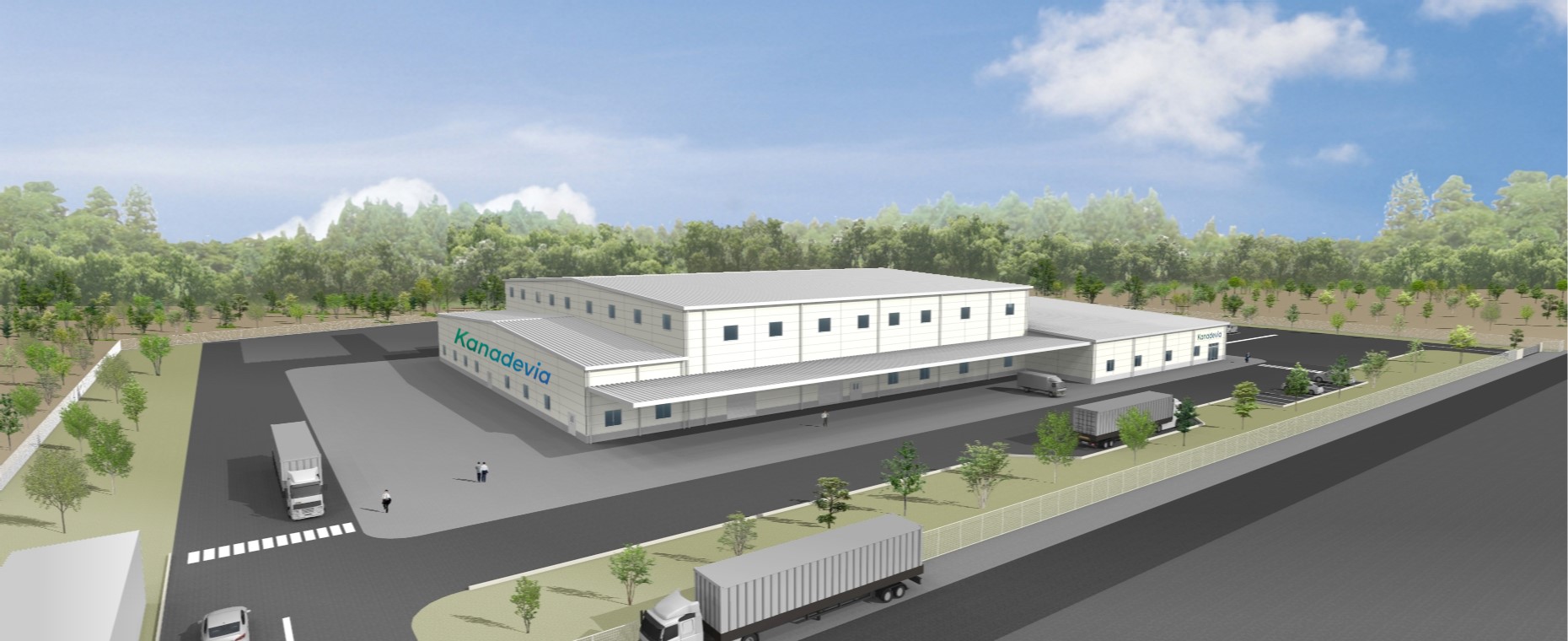Kanadevia Corporation has announced two groundbreaking initiatives aimed at a sustainable future. The first is the construction of a mass-production facility for PEM hydrogen generators in Tsuru City, Yamanashi Prefecture. This new facility is expected to accelerate the realization of a global hydrogen society. The second is the development of an ultra-thin 1Ah solid-state lithium-ion battery, with its thickness reduced to a quarter of the conventional model. These technological innovations are poised to contribute significantly to the decarbonization of the energy industry.

A Mass-Production Facility for Hydrogen Society Foundations: Targeting Over ¥100 Billion in Revenue by the 2030s
Kanadevia’s new mass-production facility in Tsuru City is set to produce PEM hydrogen generator stacks at an annual scale of 1GW. This project, part of the company’s “Forward 25” strategic plan, involves a total investment of ¥8 billion—a critical move to support a decarbonized society. The facility is planned to commence operations by the end of FY2028, aiming to establish a robust supply framework to meet both domestic and international demand.
The facility will leverage advanced digital technologies, including diagnostic imaging and traceability systems, to automate and optimize the stack manufacturing process. With enhanced production capabilities, the hydrogen-related business is projected to generate over ¥100 billion in annual revenue by the 2030s, potentially reaching ¥200 billion in the 2040s. Furthermore, this new technology offers the potential to deliver integrated solutions combining decarbonization products across various sectors domestically and internationally. Kanadevia’s efforts mark a significant step toward realizing a hydrogen society.
Next-Generation Solid-State Lithium-Ion Batteries Open New Industrial Opportunities
Kanadevia’s newly unveiled 1Ah solid-state lithium-ion battery achieves a thickness of just 3.0mm—a quarter of the conventional model—while increasing volumetric energy density to over 200Wh/L. This breakthrough is expected to facilitate its adoption in fields requiring compact energy storage, such as space equipment and semiconductor manufacturing systems.
The battery has already proven its reliability through successful charge-discharge tests in space, earning a Certificate of Space Flight from JAXA. Moving forward, Kanadevia plans to accelerate research and development aimed at enhancing the battery’s capacity and compactness, targeting applications across a wide range of industries.
Kanadevia’s ongoing challenges with these transformative projects have the potential to revolutionize energy systems. These initiatives are not only technological advancements but also concrete steps toward achieving a carbon-neutral society.
-1024x575.jpg)
